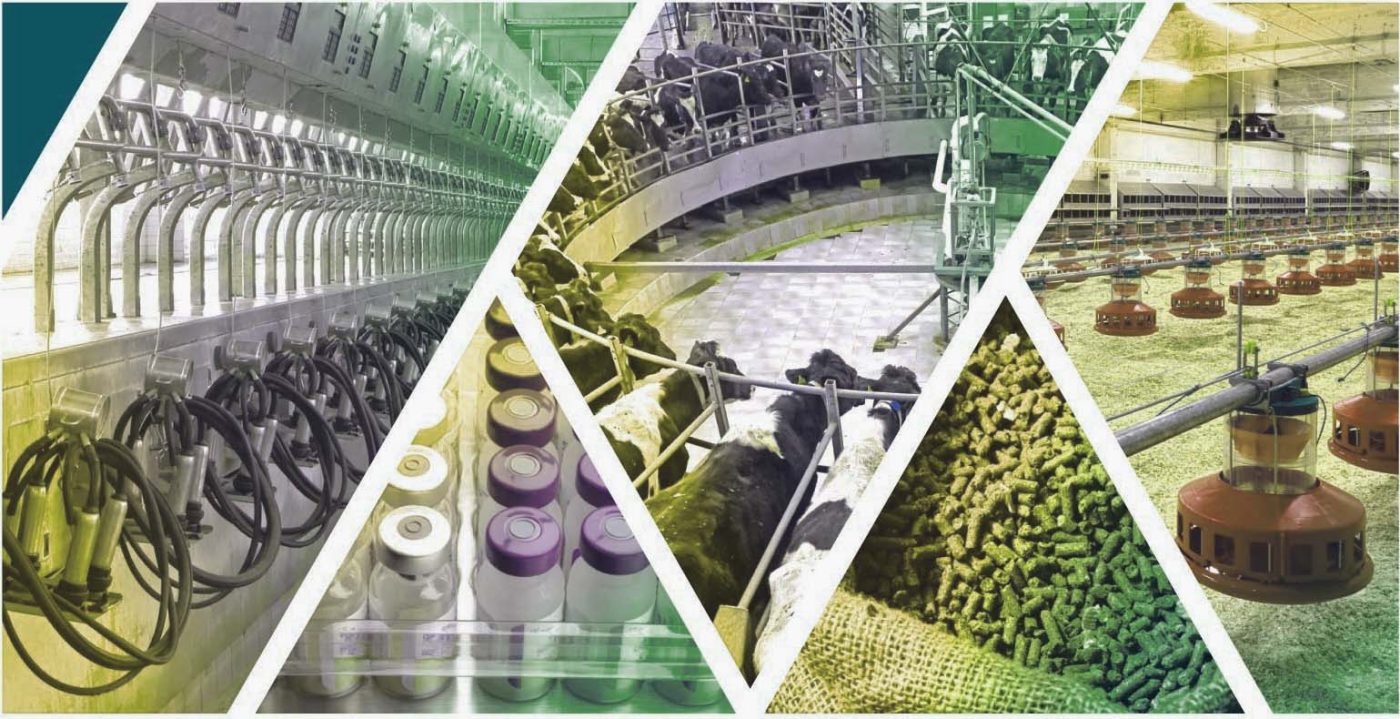Farming today has become a modern and high-tech business. To ensure efficiency and improve productivity, special attention must be paid to equipment selection and optimization.
In this article we will look at important aspects that will help farmers make the right decision when choosing equipment for their farms.
Needs Analysis
The farmer is faced with the task of determining his needs based on the type of farming activity, farm size and soil type. It is important to take into account factors such as the planned volume of work, available resources and financial capabilities. This will help create a clear picture of the equipment needed and its functional characteristics.
Quality and reliability
When choosing equipment for farming, it is important to pay attention to its quality and reliability. It is better to choose well-known manufacturers that have a good reputation and offer guarantees for their products. Particular attention should be paid to checking references and reviews from other farmers to learn about real-life experiences with the equipment.
Efficiency and productivity
Optimizing farm operations is directly related to the efficiency and productivity of equipment. When choosing, you should evaluate technical characteristics such as power, speed, performance and energy efficiency. It is also important to consider the possibility of additional functions or modules that can improve processes on the farm.
Training and support
Purchasing equipment for farming requires not only the ability to work with it, but also knowledge about maintenance and repair. Therefore, it is important to choose manufacturers that offer operator training and good technical support. The availability of warranty service and the opportunity to receive qualified assistance in the event of a breakdown will increase confidence in the selected equipment.
Financial aspects
Finally, when choosing equipment, you should consider financial aspects. It is good practice to conduct a comparative cost analysis and evaluate the degree of return on investment for the purchased equipment. You need to consider not only the initial cost, but also the cost of maintenance, spare parts and the potential income that can be achieved through increased productivity.
Selecting and optimizing farm equipment is key to successful farming. By analyzing needs, assessing quality and reliability, considering efficiency and productivity, and paying attention to training and financial aspects, farmers can make informed decisions and select the optimal equipment that will help them achieve their goals and improve the efficiency of their farm.

